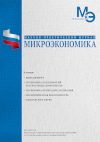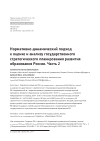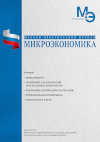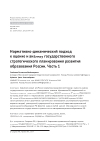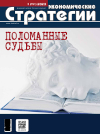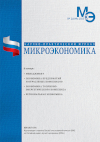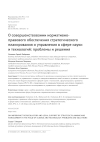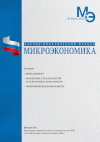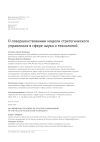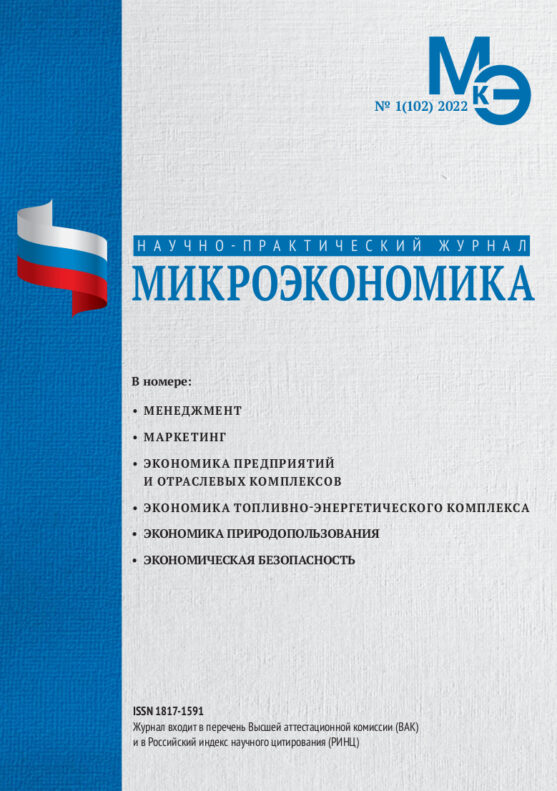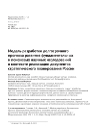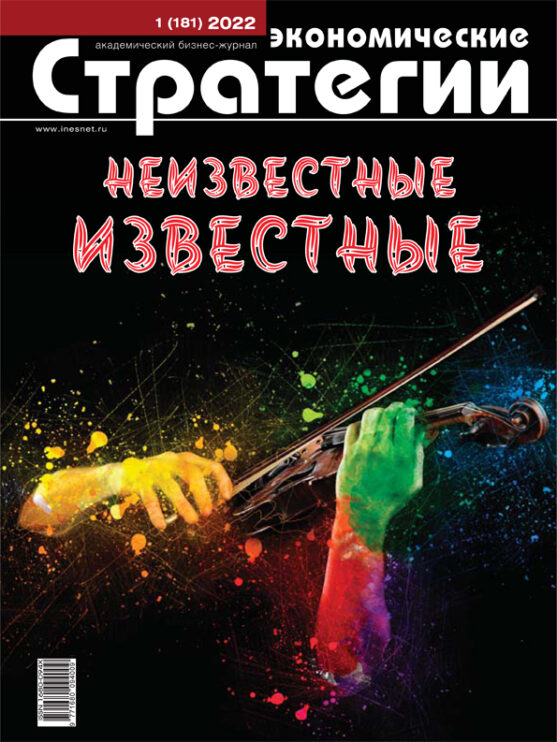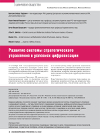On the Issue of Performance of Obligations by Parties to Special Investment Contracts
DOI: 10.33917/es-6.198.2024.64-71
Special investment contracts are bilaterally binding agreements that can be amended or terminated at the initiative of either party. Thus, about 10% of special investment contracts concluded with the par ticipation of the Russian Federation under the SPIC 1.0 and SPIC 2.0 models from 2017 to September 2024 were cancelled or terminated. Provisions of more than 25% of concluded special investment contracts were changed at the initiative of the private par ty to the contract, some of them were modified several times. The ar ticle examines the issues of parties’ liability to a special investment contract for non-fulfillment or improper fulfillment of contractual obligations, analyzes dynamics of changes and terminations of concluded SPICs and assesses such phenomena from the point of view of their impact on achieving the goals of public legal entities.
References:
1. Akopyan O.A. Transformatsiya regulyatornoy modeli spetsial’nogo investitsionnogo kontrakta (SPIK) [The Transformation of the Regulatory Model of a Special Investment Contract (SPIC)]. Finansovoe pravo, 2020, no 6, pp. 28–33, DOI: https://doi.org/10.18572/1813-1220-2020-6-28-33
2. Yevstafyeva Yu.V. Reformirovanie instrumenta spetsial’nogo investitsionnogo kontrakta [Reforming an Instrument of Special Investment Contract]. Ekonomicheskie strategii, 2020, no 1(167), pp. 64–71, DOI: https://doi.org/10.33917/es-1.167.2020.64-71
3. Yevstafyeva Yu.V. Spetsial’nye investitsionnye kontrakty novogo pokoleniya — SPIK 2.0: osobennosti ispol’zovaniya i perspektivy [Special Investment Contracts of New Edition — SPIC 2.0: Features of Use and Perspectives]. Gosudarstvennoe upravlenie. Elektronnyy vestnik, 2023, no 99, pp. 49–61, DOI:
https://doi.org/10.24412/2070-1381-2023-99-49-61
4. Sokolov A.B. Spetsial’nyy investitsionnyy kontrakt kak instrument podderzhki tekhnologicheskoy modernizatsii ekonomiki Rossii [Special Investment Contract as a Tool to Support Technological Modernization of the Russian Economy]. Vestnik Instituta ekonomiki Rossiyskoy akademii nauk, 2022, no 3, pp. 182–194, DOI: https://doi.org/10.52180/2073-6487_2022_3_182_194
5. Federal’nyy zakon ot 14 marta 2022 g. N 57-FZ “O vnesenii izmeneniy v stat’yu 2 Federal’nogo zakona ‘O vnesenii izmeneniy v Federal’nyy zakon ‘O promyshlennoy politike v Rossiyskoy Federatsii» v chasti regulirovaniya spetsial’nykh investitsionnykh kontraktov” [Federal Law of 14 March 2022 No. 57-FZ “On Making Amendments in Federal Law ‘On Industrial Policy in the Russian Federation’ in the Regulation of Special Investment Contracts”]. Konsul’tantPlyus, available at: http://www.consultant.ru/document/cons_doc_LAW_411430/
6. Federal’nyy zakon ot 28 aprelya 2023 g. N 142-FZ “O vnesenii izmeneniya v stat’yu 2 Federal’nogo zakona ‘O vnesenii izmeneniy v Federal’nyy zakon ‘O promyshlennoy politike v Rossiyskoy Federatsii» v chasti regulirovaniya spetsial’nykh investitsionnykh kontraktov” [Federal Law of 28 April 2023 No. 142-FZ “On Making Amendments in Federal Law ‘On Industrial Policy in the Russian Federation’ in the Regulation of Special Investment Contracts”]. Ofitsial’nyy




